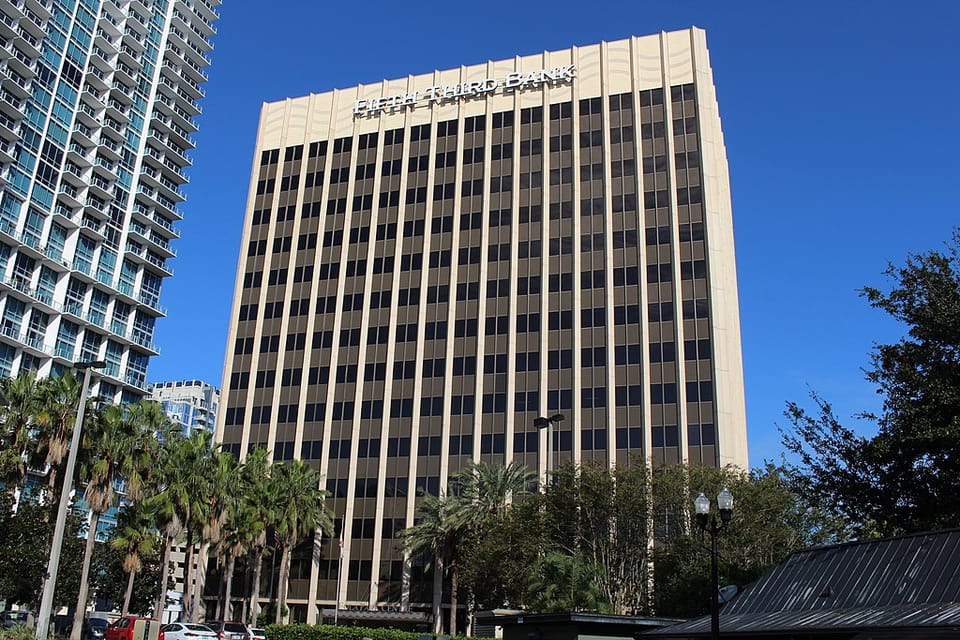US bank Fifth Third announces new Chief Sustainability Officer

Fifth Third Bank has named Pratik Raval as its new Chief Sustainability Officer following the departure of Mike Faillo last July.
The bank is among the largest in the Midwest and a strong lender to industry and SMEs. It had appointed Faillo as its first CSO in 2022 – but he left the company in 2023 to join PwC’s digital assurance and transparency sustainability practice.
While Faillo had been working at Fifth Third for several years, including as director of ESG reporting, before becoming CSO, Raval is an external hire: he previously held various positions (including Head of Sustainability Strategy) at Tata Consultancy Services USA, and has more than 20 years of experience in corporate sustainability.
As Fifth Third’s new Chief Sustainability Officer, he will lead the sustainability office and report to Executive Vice President and Chief Corporate Responsibility Officer Kala Gibson.
"Fifth Third's Purpose is to improve lives and the well-being of its communities," said Gibson. "Pratik comes to us with a wealth of expertise in corporate sustainability as a business strategy. I'm confident in Pratik's abilities to further the bank's efforts to create long-term sustainable value for all our stakeholders and deliver on our five key sustainability priorities."
Fifth Third sustainability overview
Fifth Third aims to provide US$100 billion of environmental and social finance by 2030, and had reached a little less than one-third of this target by the end of 2022. The bank appears to have recently shifted its strategy to achieve this goal, dramatically reducing its focus on sustainable bonds and sustainability-linked loans and doubling direct financing for renewables, green buildings and circular economy projects.
The bank has several environmental targets for its own operations, including a 75% reduction in Scope 1 and 2 (location based) emissions by 2030, but doesn’t have a science-based target. In 2022, it disclosed nine categories of Scope 3 emissions, which together amounted to 286,778 tonnes of CO2 equivalent.
Fifth Third plans to disclose its financed emissions (Scope 3, category 15, “beginning with a focus on carbon-intensive sectors in our commercial portfolio”) for the first time in its 2023 sustainability report, which is yet to be released. It is a member of the Partnership for Carbon Accounting Financials (PCAF), which works to develop consistent and transparent standards for reporting these emissions (and recently created a capital market emissions assessment tool to be used by hundreds of bank members of the Net Zero Banking Alliance).







Member discussion